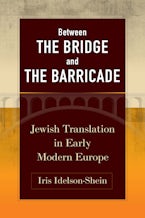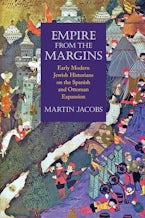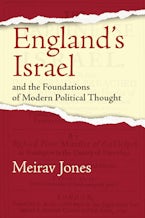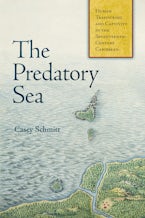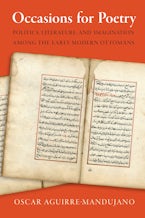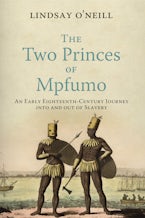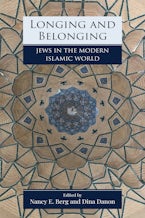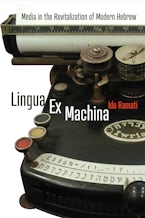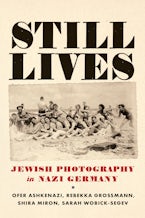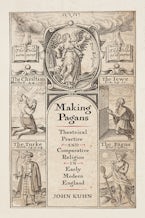Between the Bridge and the Barricade explores how translations of non-Jewish texts into Jewish languages impacted Jewish culture, literature, and history from the sixteenth century into modern times. Offering a comprehensive view of early modern Jewish translation, Iris Idelson-Shein charts major paths of textual migration from non-Jewish to Jewish literatures, analyzes translators’ motives, and identifies the translational norms distinctive to Jewish translation. Through an analysis of translations hosted in the Jewish Translation and Cultural Transfer (JEWTACT) database, Idelson-Shein reveals for the first time the liberal translational norms that allowed for early modern Jewish translators to make intensely creative and radical departures from the source texts—from “Judaizing” names, places, motifs, and language to mistranslating and omitting material both deliberately and accidently. Through this process of translation, Jewish translators created a new library of works that closely corresponded with the surrounding majority cultures yet was uniquely Jewish in character.
As a site of intense negotiation between different cultures, communities, religions, readers, genres, and languages, these translations become an ideal entry point into the complex relationships between early modern Christians and Jews. At the same time, they also pose a significant challenge for modern-day scholars. But, for the careful reader, who can navigate the labyrinth of unacknowledged translations of non-Jewish sources into Jewish languages, there awaits a terrain of surprising intercultural encounters between Jews and Christians. Between the Bridge and the Barricade uncovers the hitherto hidden non-Jewish corpus that, Idelson-Shein contends, played a decisive role in shaping early modern Jewish culture.

